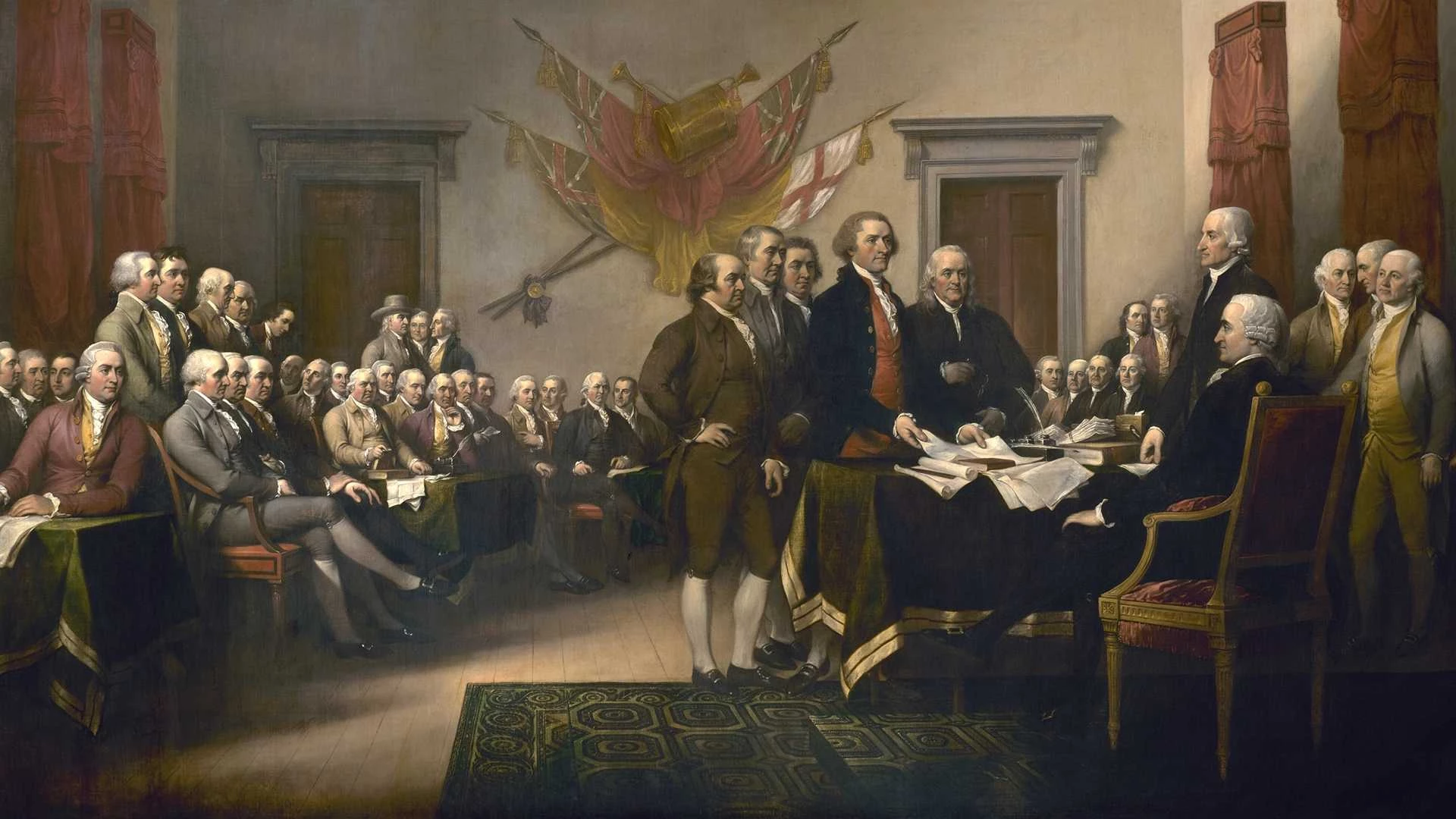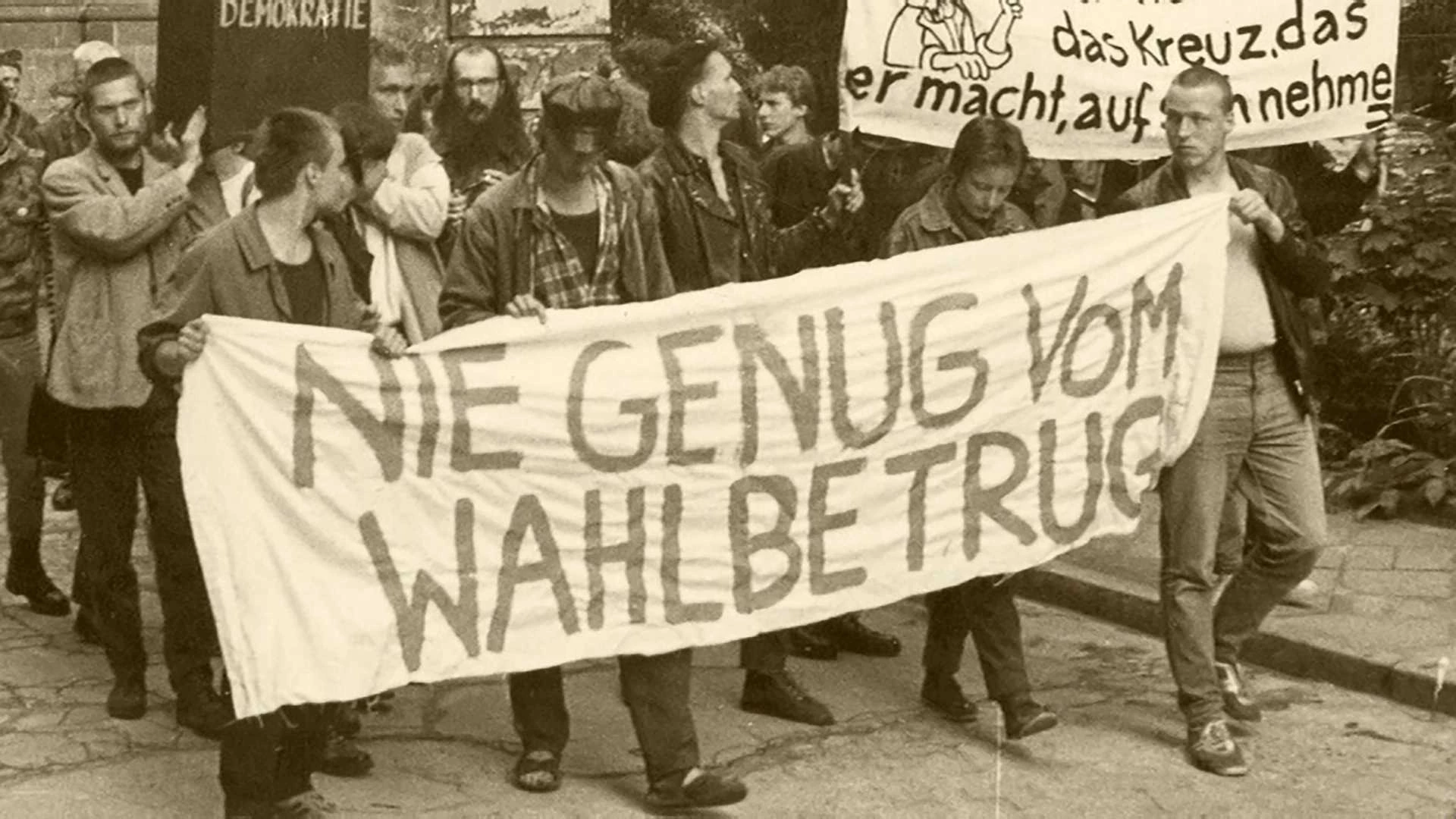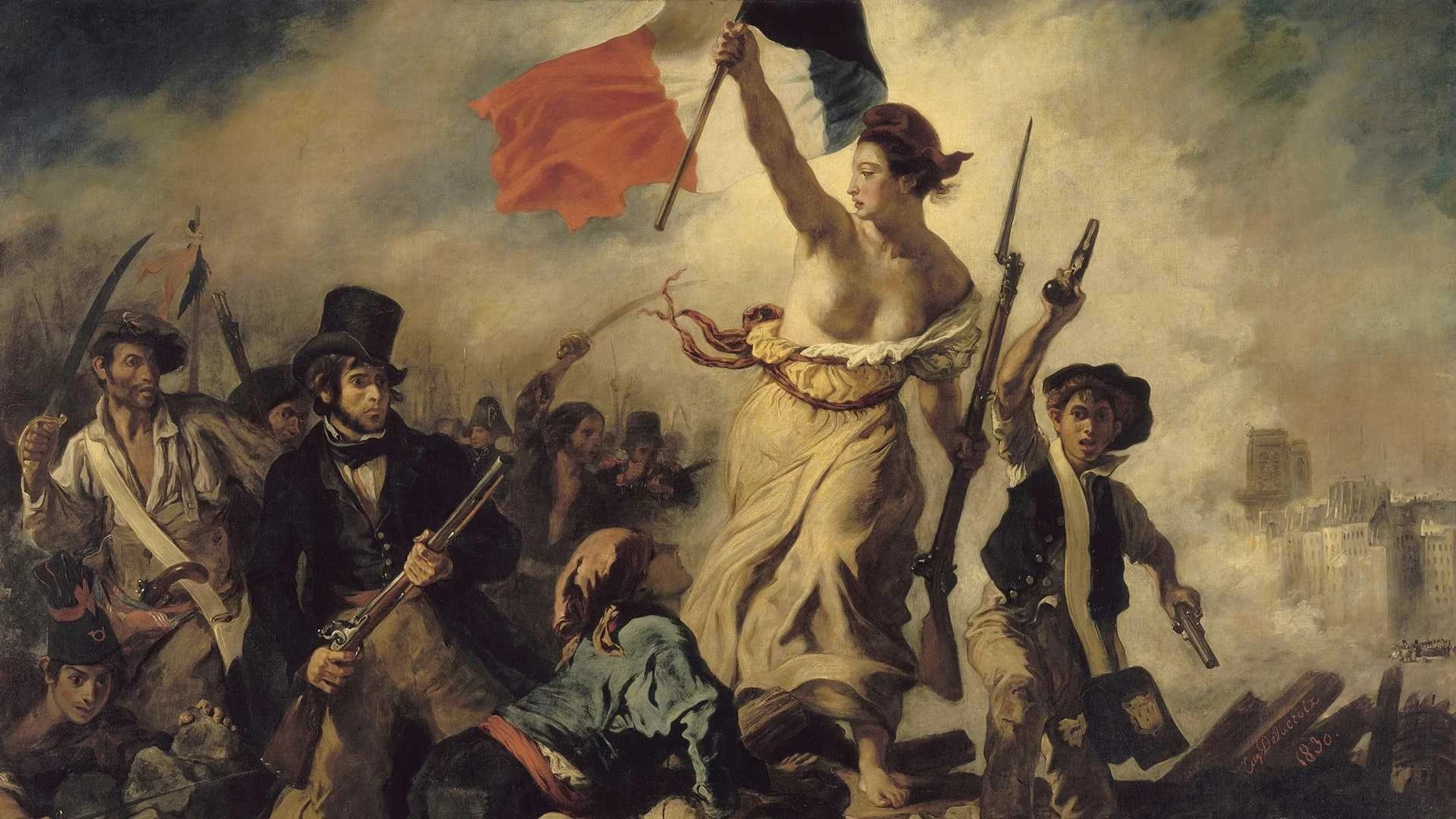Längsschnitt: Revolutionen
The German Revolution of 1918/19
On November 9, 1918, the Republic is proclaimed in Berlin. And that twice: The Social Democrat Philipp Scheidemann celebrates the "German Republic", the Communist Karl Liebknecht proclaims the "Free Socialist Republic of Germany". The workers’ movement is divided. A heavy burden for Germany’s new beginning after the First World War defeat. The Communists reject parliamentary democracy. Instead they want a soviet republic on the Russian model. Their uprisings are put down by the Social Democrats through the military and right-wing Freikorps. However, these very forces are themselves a strong threat to the young democracy. | In this film version, German interviews and historical or literary quotes remain untranslated.
mehr
weniger
First World War, World War 1, empire, Wilhelm II, wartime, strikes, hunger revolts, hunger riots, demonstrations, Workers’ Movement, political reforms, trench warfare, material battles, America, American troops, allies, major offensive, military defeat, Paul von Hindenburg, Erich Ludendorff, parliament, parliamentarians, armistice negotiations, government, Max von Baden, peace, democratic reforms, parliamentary monarchy, representatives of the people, military, fleet, seamen, Kiel, the red flag, Workers’ and Soldiers’ Councils, Munich, republic, Berlin, media, postcards, daily press, emperor, abdication, SPD, Philipp Scheidemann, Karl Liebknecht, Spartacus Group, soviet republic, parliamentary democracy, provisional government, Council of People’s Commissioners, Friedrich Ebert, election, National Constituent Assembly, military reforms, war veterans, military command, Reichswehr, Free Corps, workers, radicalisation, Rosa Luxemburg, Communist Party, Election campaign, propaganda, left-wing, USPD, KPD, protest rallies, protest rally, uprising, January riots, Kurt Eisner, Kapp-Putsch, general strike, right-wing, National Assembly, women, Weimar republic, constitution
Geeignet für die Fächer:
Geschichte


